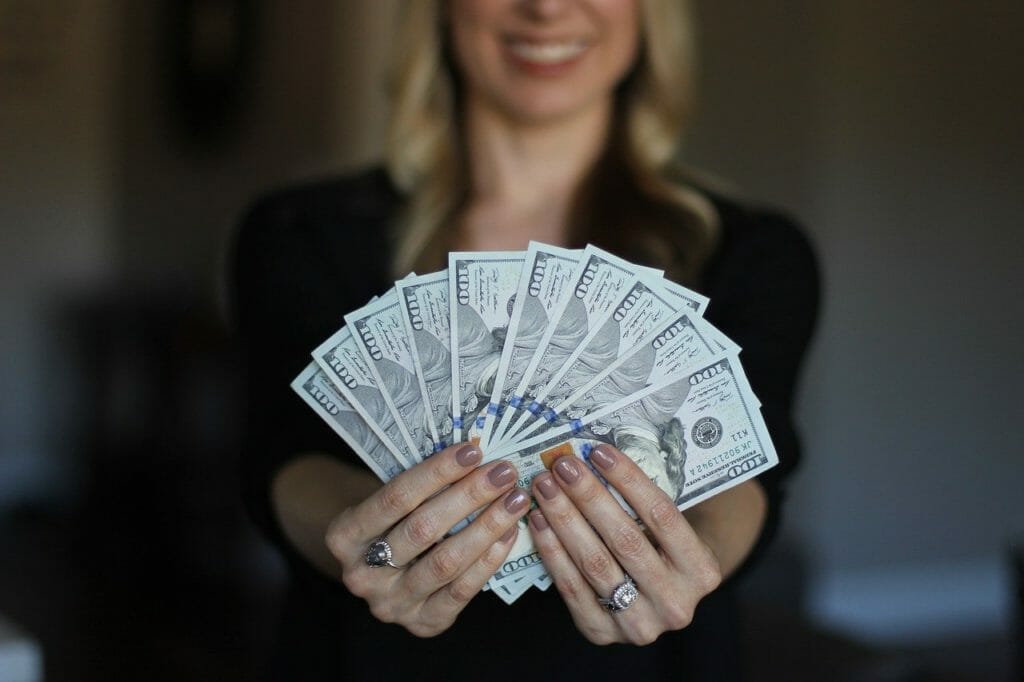What is Earnest Money?
Earnest money is included with an offer on a house to show the seller that you are serious about purchasing the house. It becomes part of the down payment if the offer is accepted, is returned if the offer is rejected, or is forfeited if you pull out of the deal for reasons other than those stipulated in the offer. A financing contingency is an example of the latter – if your offer was contingent on getting a loan, and you can’t, you can cancel the contract and get your earnest money deposit back. The question is how much do you offer.


How Much Earnest Money Should I Offer?
The size of the earnest money deposit is ultimately up to you. Sometimes you will hear a specific amount, or this or that percentage of the offer price. However, the reality is you can write the offer with a one-dollar deposit if you wish. Although this is discouraged, it underscores the fact the amount you offer as earnest money is completely up to you as the potential buyer.
Naturally, an offer with one dollar of earnest money may not be taken seriously, and the listing agent may even persuade the seller to reject your offer. It is a good idea to ask your realtor what the norm is for the area. You don’t want to lose out on your dream home by putting forward an amount that shows how committed you are to the sale.
Did You Know You Can do a Two-Part Earnest Money Deposit?
A little-known fact is that you can also do a two-part deposit. For example, you can make an initial smaller offer, let’s say $500 in earnest money, but specify in the offer that this will be increased to $2,000 once the offer is accepted, or once when a home inspection, appraisal, or other contingency is met. You can really shape this however you feel best protects your interests but also communicates your intent to the seller. Your realtor can help you navigate this decision so your offer is taken seriously.
You may be wondering why a two-part deposit would be advantageous to you. Structuring your offer like this keeps your money from being tied up until you know that the seller is serious and committed to selling to you. The key to this strategy being perceived as a legitimate and serious offer is to make your second deposit a significant increase. Remember, you can commit some of your hard-earned savings that you are using as a deposit on the home towards earnest money, but don’t forget about your upcoming closing costs. Another thing to keep in mind is protecting your assets.
Don't Forget to Protect Yourself
Things can happen, right? If you have to pull out of your offer for some unforeseen reason – one not included in the contract – you could potentially lose your earnest money deposit.
In some rare instances, the seller could also sue you for additional financial damages or even force you to buy the home. To protect yourself, have a clause in the offer that specifies the earnest money as “liquidated damages” if you are in default. This is another area your real estate agent can help with the language. Put simply, this basically means that if you need to default on the contract, the seller can’t ask for more than what you have already included as earnest money. Check out these Top 5 Homebuyer Tips to learn how to even better prepare yourself for your homebuying journey.

